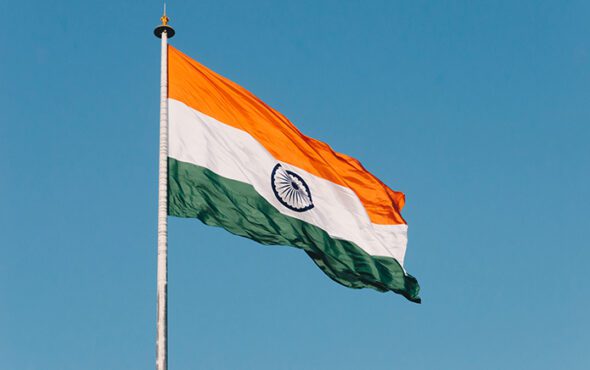
In a massive win for LGBTQ+ rights, India’s Supreme Court has ruled that LGBTQ+ families are warranted legal protection.
On 28 August, justices DY Chandrachud and AS Bopanna ruled that queer and other “non-traditional” families are entitled to the same social benefits as “traditional” families.
“[The law] must not be relied upon to disadvantage families which are different from traditional ones,” they wrote.
“Familial relationships may take the form of domestic, unmarried partnerships or queer relationships.”
The two justices added that many families within the country don’t fall under the “traditional” gender-based roles and assumptions.
“This assumption ignores both, the many circumstances which may lead to a change in one’s familial structure, and the fact that many families do not conform to this expectation to begin with,” they explained.
The ruling stemmed from a case involving a woman who sought maternity leave for her first biological child.
According to the Hindustan Times, she was denied the benefit after she previously used the designated time off to take care of one of her husband’s children from a previous marriage – whom she adopted.
Alongside the inclusion of LGBTQ+ couples, the ruling also stated that single parents, stepparents, and adoptive families are also allowed social benefits.
“Similarly, the guardians and caretakers (who traditionally occupy the roles of the “mother” and the “father”) of children may change with remarriage, adoption, or fostering,” the aforementioned judges added.
“Such atypical manifestations of the family unit are equally deserving not only of protection under the law but also of the benefits available under social welfare legislation.”
India’s recent ruling joins the country’s growing list of LGBTQ+ inclusive reforms.
Back in 2018, the Supreme Court overturned Section 377 of the Indian penal code – which criminalised men who have sex with men.
Before the law was removed, queer individuals in the country would face up to 10 years in prison if convicted.
In June 2021, an Indian judge called for the elimination of anti-LGBTQ+ discrimination by ordering country officials to implement regulations respecting LGBTQ+ rights.
“Ignorance is no justification for normalising any form of discrimination,” said Judge Anand Venkatesh in his ruling.
He went on to say that educators should reach out to parents, to help “sensitise parents on issues of LGBTQIA+ community and gender nonconforming students, to ensure supportive families.”
In addition to the aforementioned reforms, India also launched its workplace equality index in 2020, allowing employers to measure LGBTQ+ inclusion and visibility in the workplace.
At the time, over 65 organisations registered for the workplace equality index, with over 15 organisations qualifying for gold, silver, and bronze recognition.



